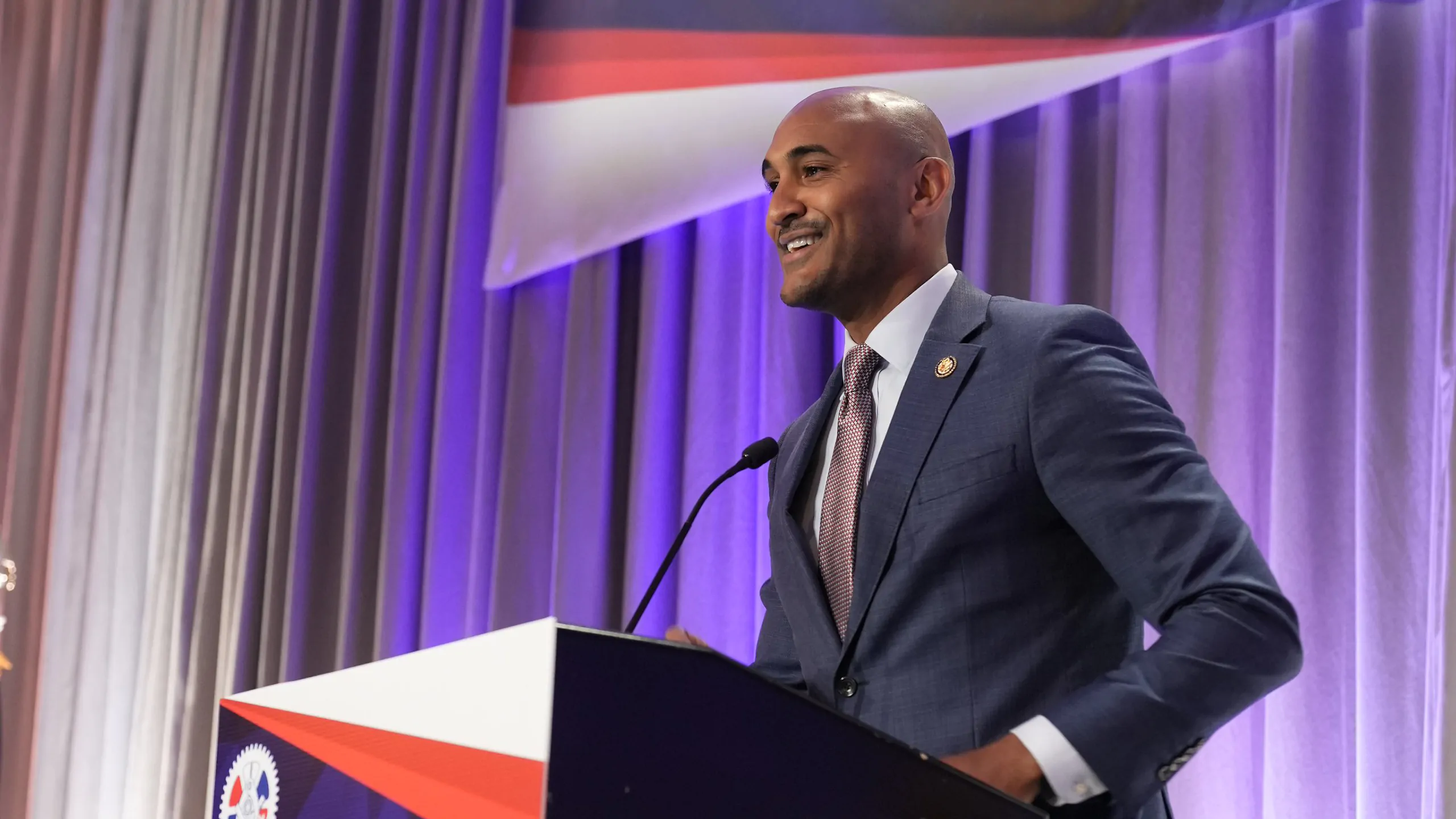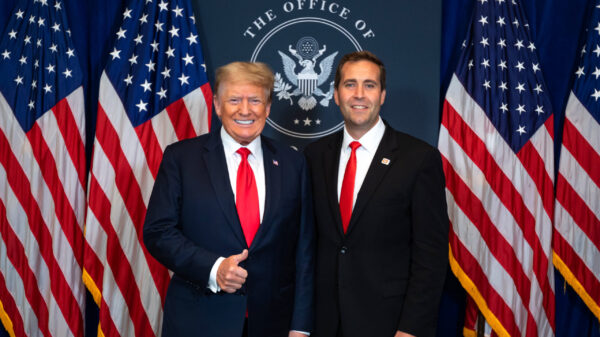Representative Shomari C. Figures, D-Alabama, has introduced two new federal bills aimed at providing targeted financial relief to new parents and ensuring essential baby products remain affordable. The legislation reflects a broader push by Democrats to shift economic policy focus toward working families rather than wealthier Americans.
The first proposal, the First-Time Parents Tax Credit Act, would grant a $1,250 refundable tax credit to individuals who become parents for the first time, through birth or adoption. The credit would apply equally to both custodial and qualifying non-custodial parents and take effect in tax year 2026. Figures emphasized that the credit is designed to address the steep costs of starting a family—contrasting sharply with recent Republican tax legislation that has primarily benefited the wealthy.
The second proposal, the Baby Sleep Tax Relief Act, seeks to eliminate tariffs on a broad range of infant sleep products, including cribs, mattresses, bassinets, bedding and baby monitors, under the authority of the International Emergency Economic Powers Act. Figures noted that families in Alabama’s 2nd Congressional District, where the median individual income is just over $30,000, are struggling under rising prices for essential baby care items.
Figures announced the bills alongside Dads Caucus Chair Representative Jimmy Gomez of California, with a group of fellow Democrats joining the press conference. The initiative, dubbed the “Babies Over Billionaires” agenda, signals renewed attention to everyday economic challenges faced by working families.
“As a father, I know firsthand the costs of raising children,” Figures said. “This legislation ensures families can afford the basics—and it prioritizes economic relief for parents over tax breaks for billionaires.”
Figures and his co-sponsors assert that the bills would help low- and middle-income families overcome financial barriers to early childhood care. However, they could face opposition from Republicans who typically oppose what they call “new entitlements” or tariff exemptions that affect trade policy.
With both proposals formally introduced on Wednesday, attention now turns to the legislative process. Figures plans to engage his colleagues on both sides of the aisle, positioning his measures as pragmatic steps to support American families.



















































